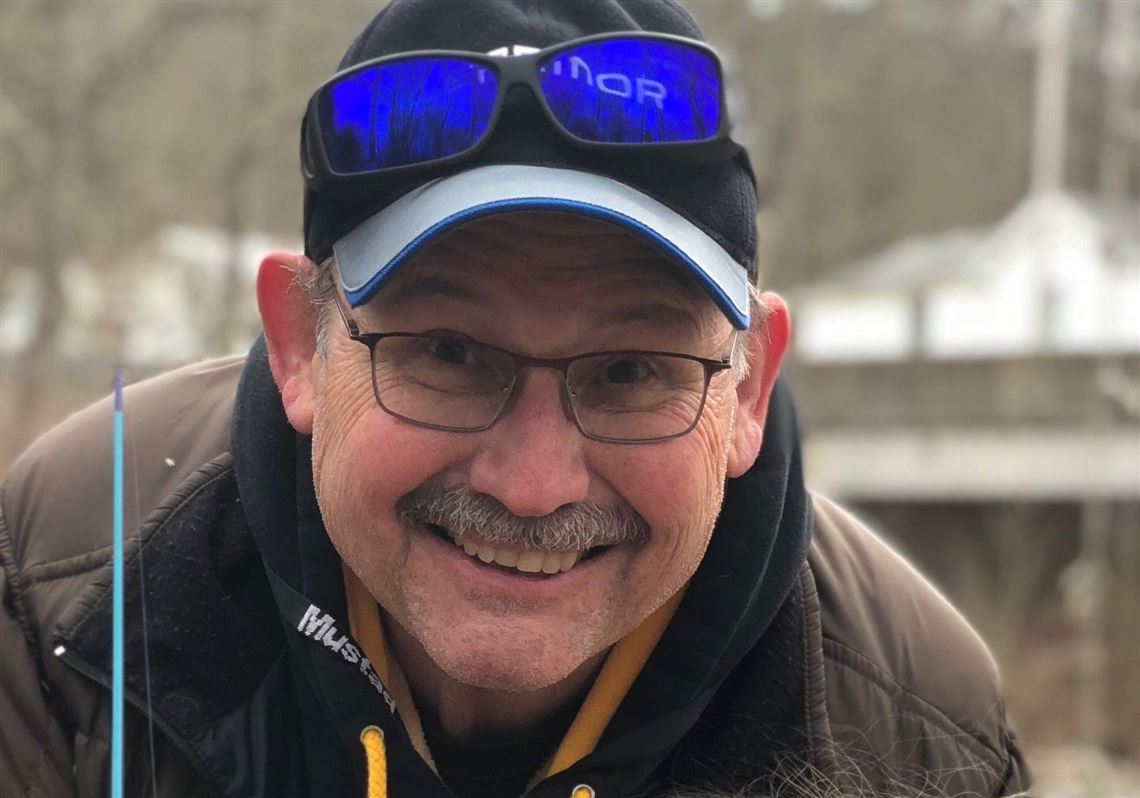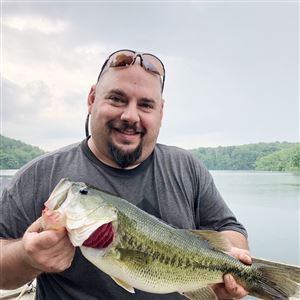In March the Pennsylvania Legislature tried to force John Arway, executive director of the state Fish and Boat Commission, out of the job he’s held for eight years. On Tuesday, Mr. Arway solved the lawmakers’ problem by announcing he will retire Nov. 2.
Despite his public dispute with the Legislature over the agency’s funding, Mr. Arway said the timing of his retirement had “nothing to do with that.”
“It’s just, the time is right financially, in terms of a personal time frame for me and in terms of what I’m able to do at Fish and Boat,” he said.
The semi-independent commission has an important role in addition to aquatic wildlife management and enforcement of fishing and boating laws and regulations. Fish and Boat participates in monitoring and maintaining Pennsylvania’s clean water resources on a $52 million annual budget with little state support.
Revenue is raised primarily through fishing license sales and federal taxes on fishing and boating supplies. License fees are set by the Legislature; a resident adult fishing license has remained $22.90 since 2005.
Originally from North Huntingdon, Mr. Arway has been a Fish and Boat fixture for 38 years, advancing from the agency’s environmental director to executive director in 2010. Throughout his tenure, he fought for legislative approval of various license-fee increase plans while shrinking staff and trimming other costs.
In September, Mr. Arway’s plea to legislators turned to a demand. The tactic backfired. Lawmakers sought his outster before they would act on any revenue enhancement proposal. Instead of raising license fees, lawmakers proposed a bill that would cap the position of Fish and Boat executive director to an eight-year term limit, a move that would force Mr. Arway out.
The House passed the bill, but the Senate version never made it to a floor vote.
Key legislative committee chairmen now acknowledge the agency’s need for a funding increase despite the agency’s stockpiling of about $50 million in cash reserves, one of the primary reasons many members opposed prior attempts at revenue enhancement. Also, legislators have agreed to act on the license-fee increase bill.
Keith Gillespie, R-York, chairman of the House Game and Fisheries Committee, and Patrick Stefano, R-Fayette, chairman of the Senate Game and Fisheries Committee, said in separate interviews Tuesday that with Mr. Arway’s departure, the Senate bill is now a non-issue and the work of getting a license-fee increase could resume.
“John Arway is very passionate about supporting fish and fishing in the state,” said Mr. Gillespie. “The unfortunate incident that happened last September threw the process offline. Now we’re trying to get the train back on track.”
Mr. Gillespie said he supports a license-fee increase that grows incrementally over five years. Mr. Stephano said he favors incremental increases over three years.
“The public was never supposed to see … how the [political] sausage is made. That should have never occurred,” Mr. Stephano said of the feud with Mr. Arway. “The Legislature doesn’t want fisheries resources used as a bargaining chip. Anglers can know that Fish and Boat will be put back on course and we’re taking the politics out of wildlife conservation.”
Jacquelyn Bonomo, president and CEO of PennFuture, an environmental lobbying group, said the state would have been better served had the Legislature accommodated Mr. Arway’s funding requests.
“I believe that legislators heard loud and clear from the public, when there was a ploy for John’s job, that their interference in commission business was unwelcome,” she said. “The Legislature was pretty firmly turned back.”
Randy Santucci, board chairman and former president of Unified Sportsmen of Pennsylvania, said the group still opposes a bill that would allow Fish and Boat and the Game Commission to set their own license fees. But he said Mr. Arway served the state’s anglers well.
“He is very, very responsive to sportsmen and overall I think he was good for the sport and I hate to see him go,” he said.
Mr. Arway said he was proud to have overseen the agency without noticeably cutting services and to have started the Unassessed Waters program, in which thousands of miles of Pennsylvania streams were documented and protected by state Department of Environment Protection regulations. But he regrets leaving $7.5 million to $8 million in annual employee pension payments unfunded, and being unable to secure Fish and Boat’s long-term financial stability.
“I got it right to the goal line,” he said. “But I was not able to get it across.”
John Hayes: 412-263-1991, jhayes@post-gazette.com.
First Published: August 1, 2018, 12:10 p.m.

















